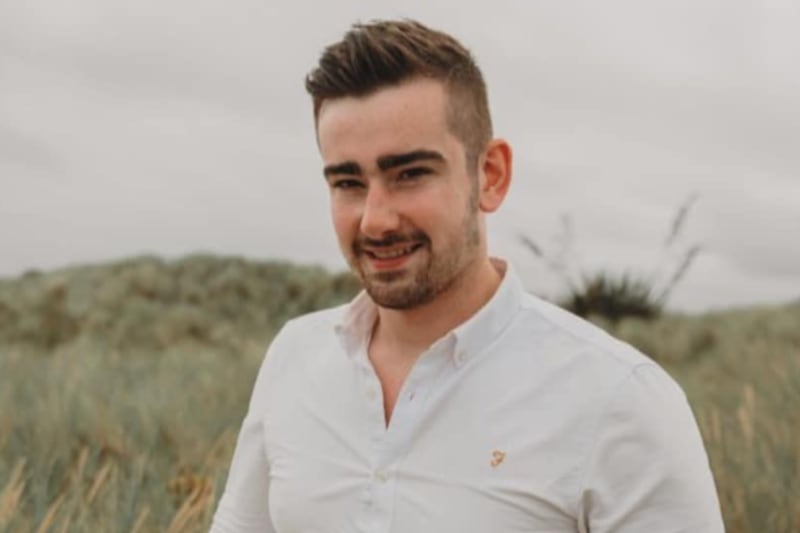THE families of several victims of the Enniskillen bombing have said they only became aware of a request for a fresh inquest into the attack through a local newspaper.
In a written statement to the News Letter, the families of victims Samuel Gault; Wesley and Bertha Armstrong; Johnny Megaw; Marie Wilson; William and Agnes Mullan; Kit and Jessie Johnston, and Alberta Quinton said they were "totally unaware" of the application.
Twelve people were killed when the IRA bombed a Remembrance Day event in the Co Fermanagh town in November 1987.
Earlier this month, The Impartial Reporter newspaper reported that Attorney General John Larkin had turned down the request to reopen the inquests.
In a statement, Mr Larkin's office said the "Attorney General's practice is normally not to disclose inquest decisions".
The families said they wanted to be treated fairly and accused the PSNI and its Legacy Investigation Branch of being "more driven to pursue prosecutions against retired members of the security forces, whilst those responsible for 90 per cent of deaths during the Troubles are largely ignored".
They claimed their case is being ignored and accused "the authorities" of "creating a vacuum that is allowing others with dubious motives to exploit those cases".
"We recently became aware that there was an application for a new inquest into the Enniskillen Poppy Day bombing case," they said.
"To find out about this development in the local newspaper has only added to our dismay."
The families said they had "remained dignified down the years, perhaps to our detriment" while other cases linked to the Troubles had received "prominence, endless resources and focus".
They said they were unhappy that plans for a memorial garden were scrapped, that a building on the bomb site was named after former president Bill Clinton "someone deeply objectionable to many of us", and were concerned by the wording on a cenotaph to mark their loved ones' deaths.
"If the great and the good truly care for us then they would highlight these issues and they would seek reparation on our behalf and more so they would put their shoulder to the wheel in insisting that those responsible for the bomb which committed mass murder would be held accountable for it," they said.
PSNI Chief Constable George Hamilton has previously said that claims paramilitaries are not being pursued for Troubles killings are not supported by official figures.
According to figures released by the PSNI in 2017, around 70% of investigations into killings during the conflict do not involve the security forces.







